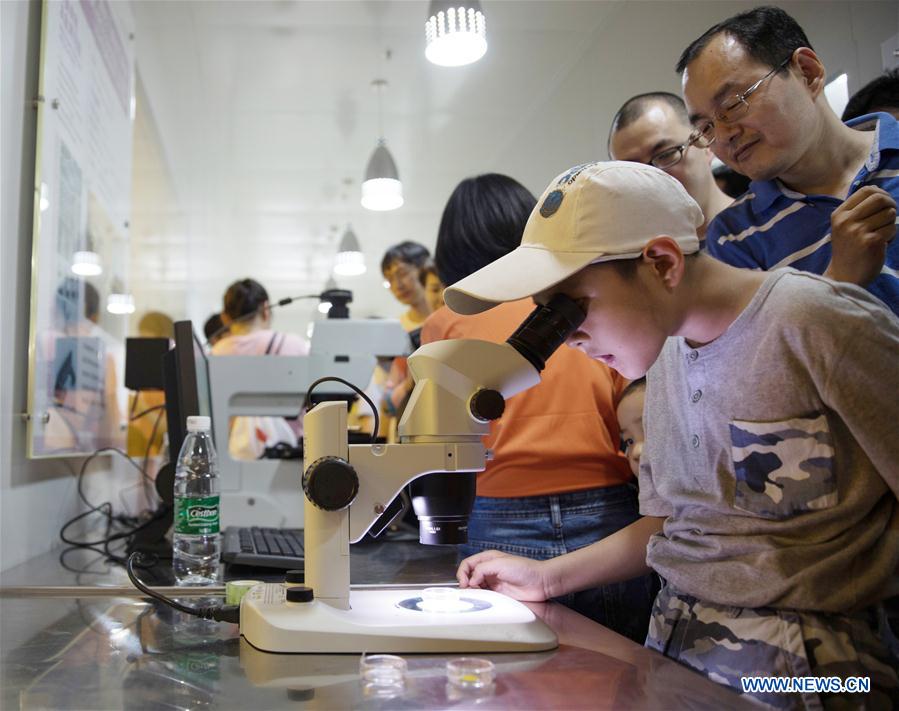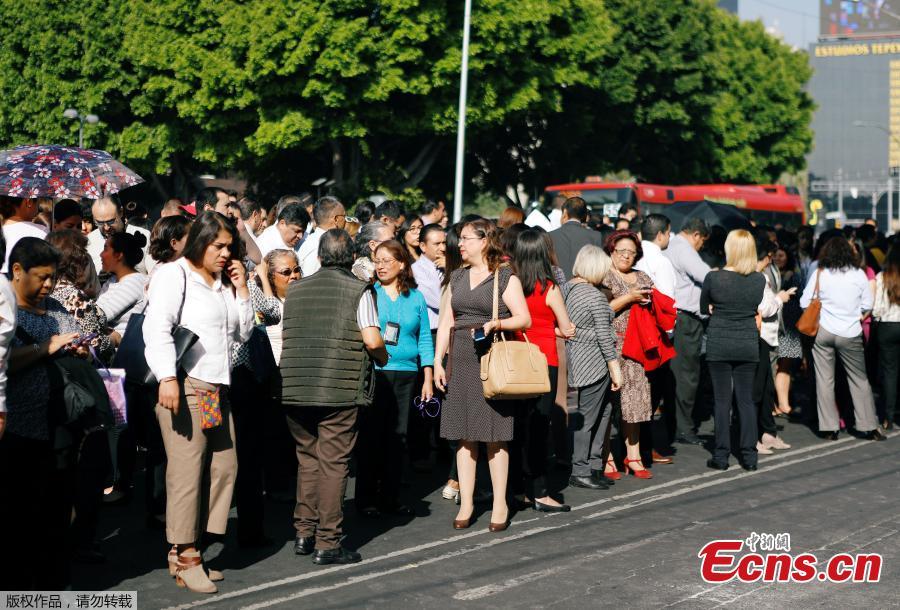City government to open up more space for field trials of vehicles
The Shanghai municipal government has unveiled plans to expand the city's contribution to the autonomous driving sector by opening up more of its roads for tests.
The Shanghai Commission of Economy and Information Technology said on Thursday that the city will soon extend the length of road available for testing such vehicles to 12 kilometers, from 5.6 kilometers currently. It said the move will support wider testing of more scenarios.
The commission made the announcement at an international forum on the risks of public road tests of autonomous vehicles held in Shanghai.
A new set of road signs, which will be the first set of its kind in the country, will be used in the testing area.
The Shanghai Transportation Commission said at the forum that the city is considering opening up more roads because the technology is becoming mature and risks are under control.
A road in southeastern Shanghai's Lingang Area is currently under construction for the tests.
Shanghai released regulations on self-driving vehicle road tests on March 1. By obtaining a license issued by the Shanghai Commission of Economy and Information Technology, the Shanghai Transportation Commission and the Shanghai Public Security Bureau, automakers can test their self-driving cars in the designated area in northern Shanghai's Jiading district.
To date, Shanghai-based SAIC Motor Corp Ltd, Shanghai-headquartered electric vehicle startup Nio, and BMW have all received licenses.
Lu Zufang, a Jiading district official, said that the National Intelligent Connected Vehicles (Shanghai) Pilot Zone in Jiading has created 200 scenarios for various driving situations.
The central government has also been advancing the development of autonomous cars. In April, the Ministry of Industry and Information Technology released regulations for road tests of smart connected vehicles.
The National Development and Reform Commission wrote in guidelines released in January that China will grow into a global leader of smart cars by 2035. The mass production of intelligent cars is targeted for 2020.
Market research firm IDC predicted in a report released earlier this year that 30 percent of local governments in China will publish detailed rules and regulations regarding such road tests by 2020. If so, self-driving cars will go into mass production and use across the country some 18 months earlier than current estimates.
Global market consultancy Roland Berger wrote in a recent report that China is accelerating related activities to take the lead in autonomous driving, with a strong push for electrified vehicles and ongoing city traffic optimization.




















































